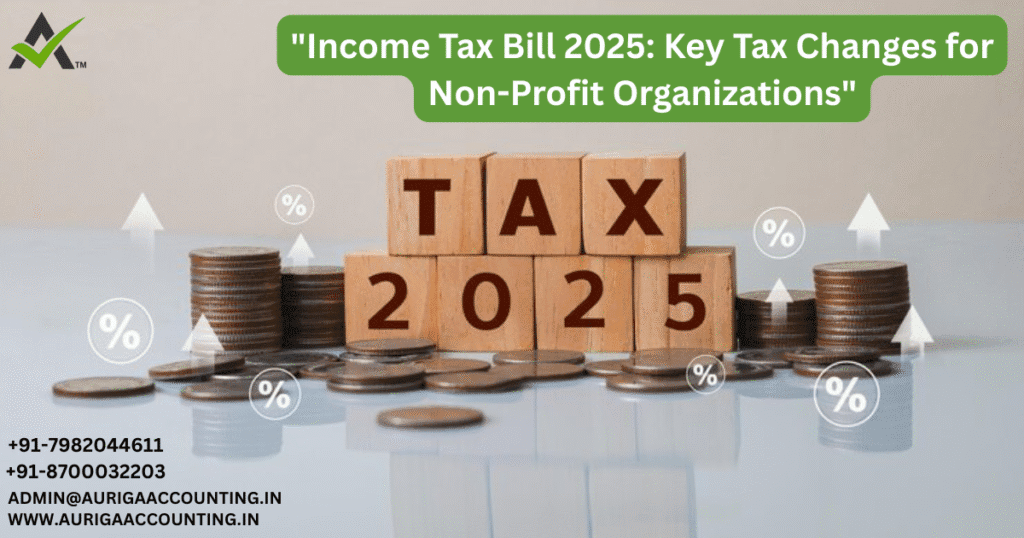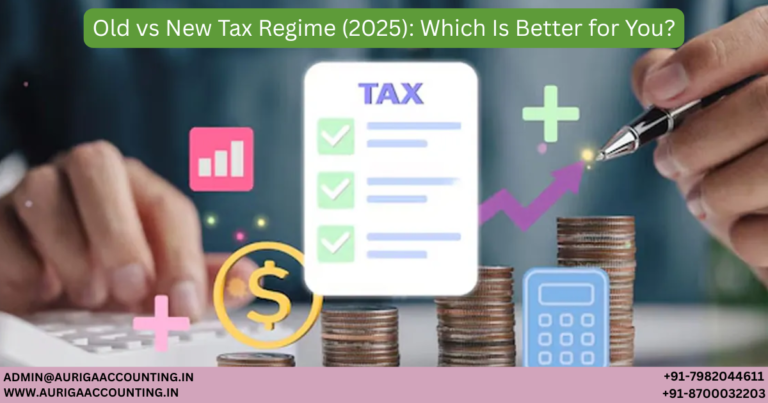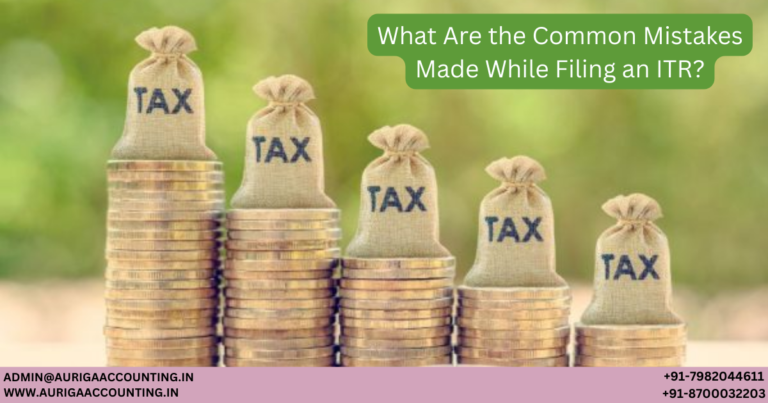
"Income Tax Bill 2025: Key Tax Changes for Non-Profit Organizations"
Introduction
ToggleThe Income Tax Bill 2025 introduces a more streamlined and accessible tax framework by simplifying provisions, removing redundancies, and consolidating content. For Non-Profit Organizations (NPOs), the Bill marks a major shift by bringing all key provisions—covering registration, income taxation, donations, application and accumulation of income, and compliance—into a single, dedicated chapter. This restructuring is designed to reduce complexity and improve clarity, making it easier for NPOs to understand and comply with tax regulations. This article delves into the key changes and their impact on the non-profit sector.
Non-Profit Organizations – A Brief Overview
Non-Profit Organizations (NPOs) in India serve charitable, religious, educational, cultural, or social causes, rather than aiming to generate profits. These include trusts, societies, and Section 8 companies, governed under various laws such as the Indian Trusts Act, the Societies Registration Act, and the Companies Act, 2013.
To promote philanthropy, the Income Tax Act offers tax exemptions to NPOs under Sections 10(23C), 11, and 12A, and provides deductions to donors under Section 80G. The proposed Income Tax Bill 2025 seeks to streamline and simplify the tax framework for NPOs, aiming to enhance clarity, compliance, and operational efficiency
Revised Provisions for Non-Profit Organizations in the Income Tax Bill 2025
The Income Tax Bill 2025 introduces several significant changes concerning the regulation and taxation of non-profit organizations (NPOs). These changes aim to simplify compliance, enhance clarity, and provide greater consistency in the treatment of charitable entities. Below is an overview of the key updates:
1. Standardization of Terminology
A key feature of the Bill is the standardization of the term “Registered Non-Profit Organization.” This term now refers to any entity with a valid registration under Section 12A, 12AA, 12AB, or Section 10(23C) of the Income-tax Act, 1961—provided such registration has not been revoked. This consolidated definition covers a wide range of entities, including trusts, institutions, universities, educational institutions, and hospitals, offering a unified classification across all relevant provisions.
2. Consolidation of Provisions
Previously, the tax provisions applicable to NPOs were dispersed across various sections of the Act, including Sections 11, 12, 12A, 12AA, 12AB, 13, and 115BBC. The new Bill consolidates all these provisions into a single cohesive section: Part B of Chapter XVII. This streamlining aims to reduce confusion, eliminate redundancy, and facilitate better compliance.
3. Introduction of Chapter 17B
Chapter 17B has been structured into seven subparts, each dedicated to a specific regulatory aspect of NPOs:
Registration procedures and eligibility
Guidelines for switching tax regimes
Taxability of income upon regulatory breaches
Rules on income accumulation and investment
Limits and treatment of commercial activities
Mandatory compliance, including tax filings and audits
Penalties for violations and provisions for Section 80G certification
4. Simplification of Exemption Mechanisms
To enhance transparency and ease of compliance, the Bill eliminates outdated provisions such as the mandatory reinvestment of capital gains into capital assets. It also introduces clearly tabulated registration processes and streamlined classifications for commercial activities, compliance mandates, and violation penalties—enabling easier interpretation and implementation.
5. Response to Frequent Legal Amendments
In recent years, tax laws affecting charitable organizations have been amended frequently, creating regulatory uncertainty. By consolidating and codifying these provisions, the new Bill aims to offer greater stability and predictability for registered NPOs.
6. Improved Accessibility for Small Non-Profits
The restructuring particularly benefits small and resource-constrained organizations by minimizing legal jargon and procedural complexity. The objective is to make tax compliance more accessible and less burdensome, empowering a broader range of non-profits to operate within the legal framework efficiently.
Are Existing NPOs Required to Re-register Under the New Provisions?
Historically, registered non-profit organizations (NPOs) in India could claim tax exemptions under two parallel regimes: Section 10(23C) and Sections 11 to 13 of the Income-tax Act, 1961. Both regimes also shared certain common provisions, including Sections 115BBC, 115BBI, 115TD, 115TE, 115TF, and Section 2(15).
With the introduction of the Finance (No. 2) Act, 2024, the landscape is changing. Effective October 1, 2024, new applications for registration under Section 10(23C) will no longer be accepted. However, NPOs that already hold valid approvals under this regime will continue to enjoy tax exemptions until their current approval period ends. Once that validity expires, these organizations will be required to migrate to the second regime—under Sections 11 to 13—to maintain their tax-exempt status.
Importantly, the Income Tax Bill 2025 includes provisions that protect the current eligibility of all registered NPOs. Organizations holding valid registrations under Sections 12A, 12AA, 12AB, or Section 10(23C) will retain their tax benefits, provided their registrations have not been revoked. This ensures a smooth transition for existing entities, allowing them to continue their operations without disruption or loss of exemption benefits under the revised regulatory framework
About the Author
Priya
Priya is our expert content writer specializing in business registration, tax regulations, trademark law, and company compliance. With his insightful and practical articles, he provides clear, actionable guidance that helps businesses confidently navigate and overcome complex legal and regulatory challenges












